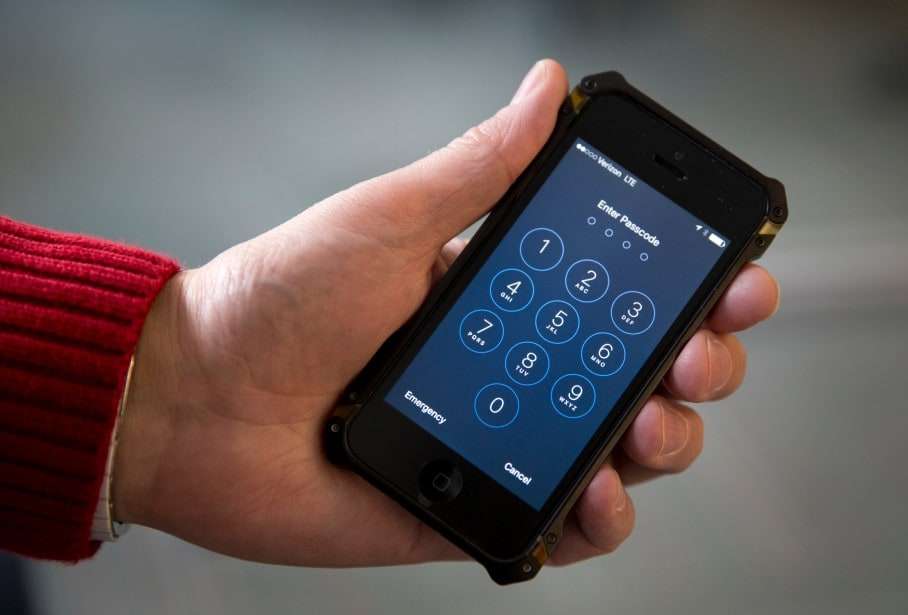The Volokh Conspiracy
Mostly law professors | Sometimes contrarian | Often libertarian | Always independent
Hearing postponed in the San Bernardino Apple v. FBI case

This afternoon, the Justice Department moved to postpone the hearing in the All Writs Act case involving the San Bernardino iPhone. According to the government, it needs more time to pursue a different way to unlock the phone:
[A]s a result of the worldwide publicity and attention on this case, others outside the U.S. government have continued to contact the U.S. government offering avenues of possible research [for ways to unlock the phone].
On Sunday, March 20, 2016, an outside party demonstrated to the FBI a possible method for unlocking Farook's iPhone. Testing is required to determine whether it is a viable method that will not compromise data on Farook's iPhone. If the method is viable, it should eliminate the need for the assistance from Apple Inc. set forth in the All Writs Act Order in this case.
Magistrate Judge Pym agreed, and the hearing is now on hold for at least a few weeks.
What does it mean? Maybe nothing. The government has extra time to check if it has another way to access the phone. If the FBI decides that the alternative doesn't work, or at least it won't work without risking loss of data on the phone, then we'll be back in court in a few weeks. The hearing will then go on as planned.
If the government can access the phone through a third party's alternative, however, then this legal challenge goes away without a ruling. If that happens, neither side will look good in the short term. The FBI won't look good because it went to court and claimed it had no alternatives when an alternative existed. The whole case was for nothing, which will raise suspicions about why the government filed the case and the timing of this new discovery. But Apple won't look good either. Apple claimed that the sky would fall if it had to create the code in light of the risk outsiders might steal it and threaten the privacy of everyone. If outsiders already have a way in without Apple's help, then the sky has already fallen. Apple just didn't know it.
In the longer run, though, I wonder how much it matters if the government can get into this particular phone without Apple's help. If this phone has a major security flaw, Apple will try hard to learn about it and then eliminate it. Eventually we'll probably be back in court over the next generation phone which has the better security that the pending legal challenge assumes Farook's phone has. Accessing this phone will kick the can down the road, but the same interesting issues may just come up again in the not-so-distant future.


Show Comments (0)